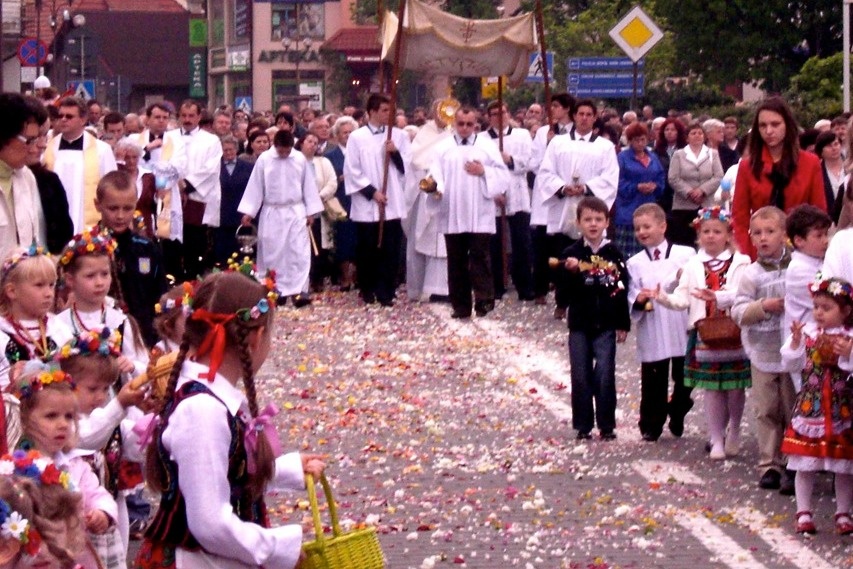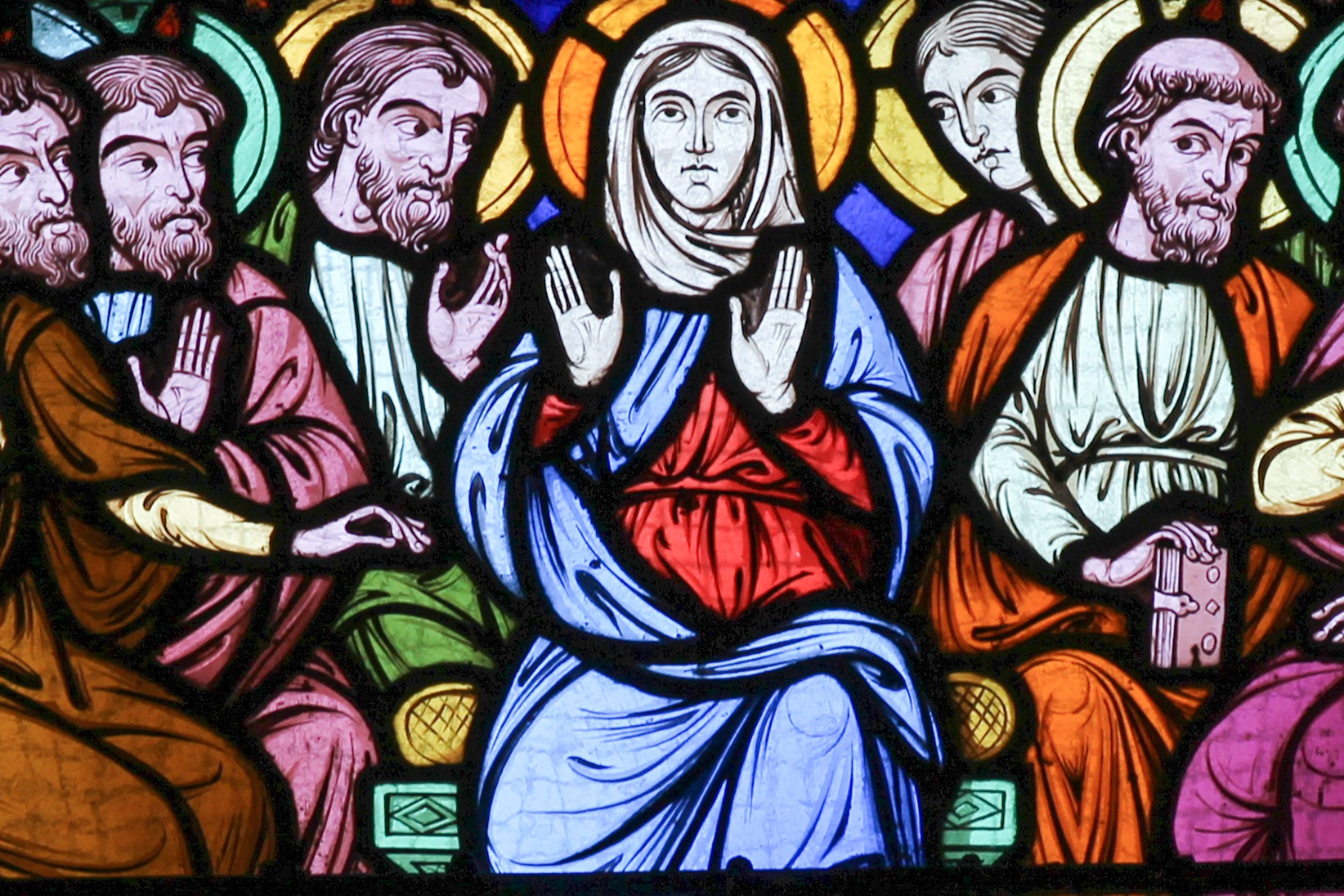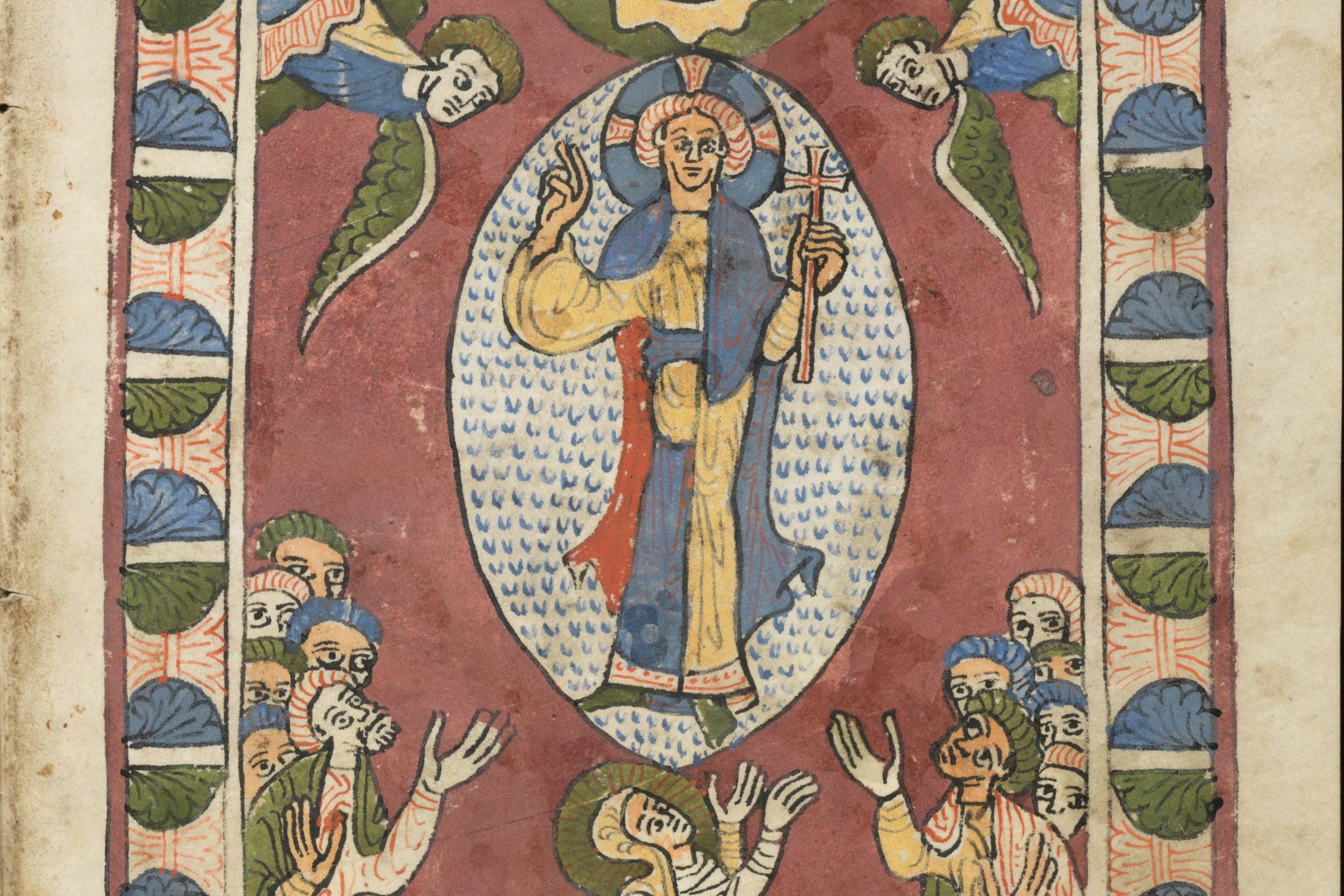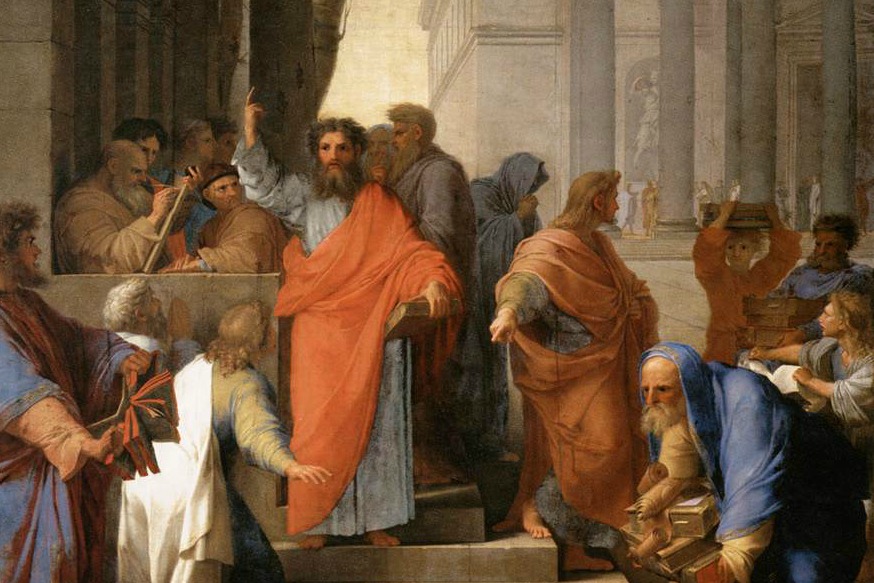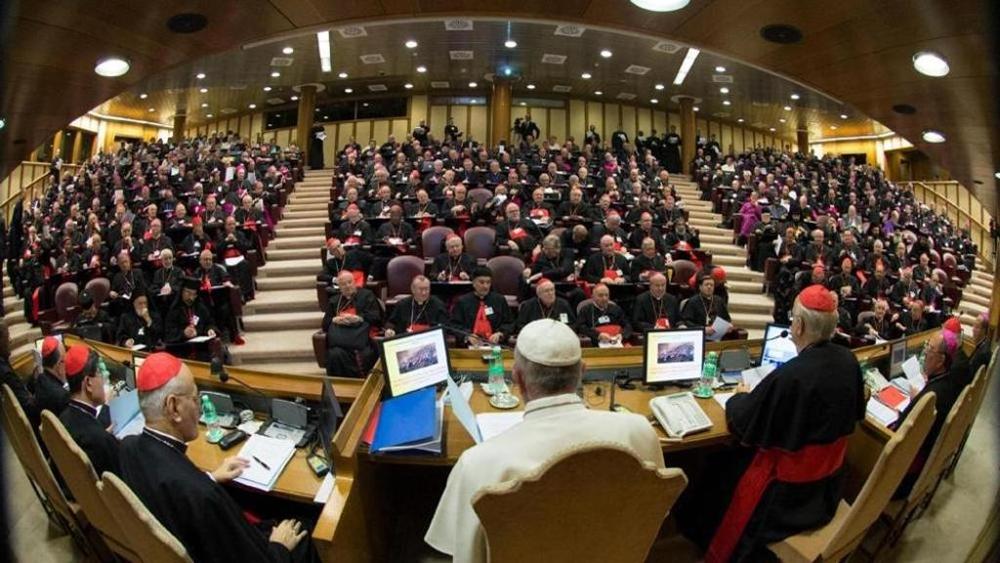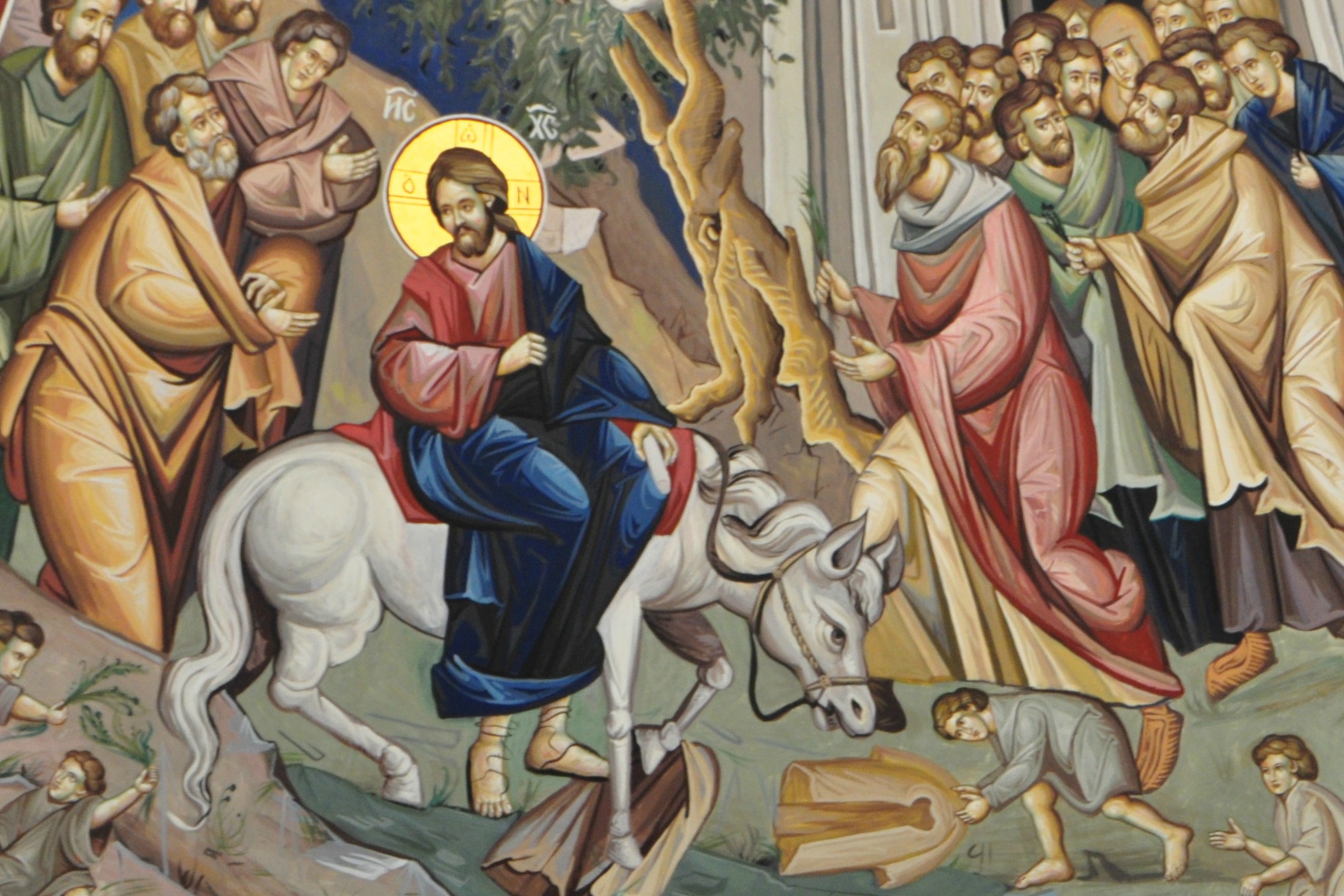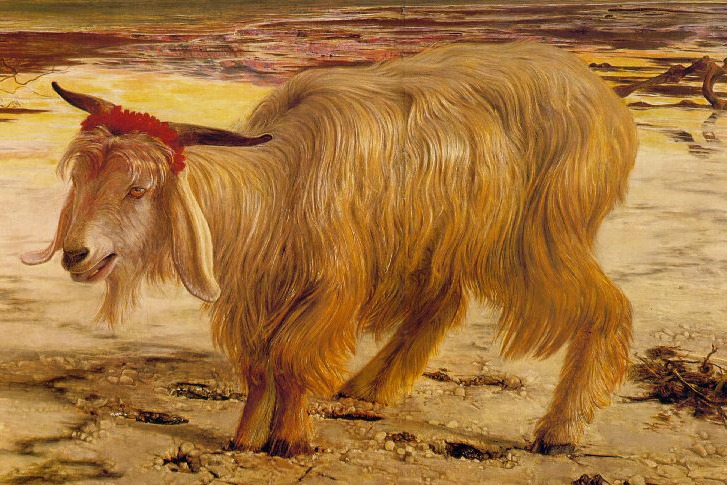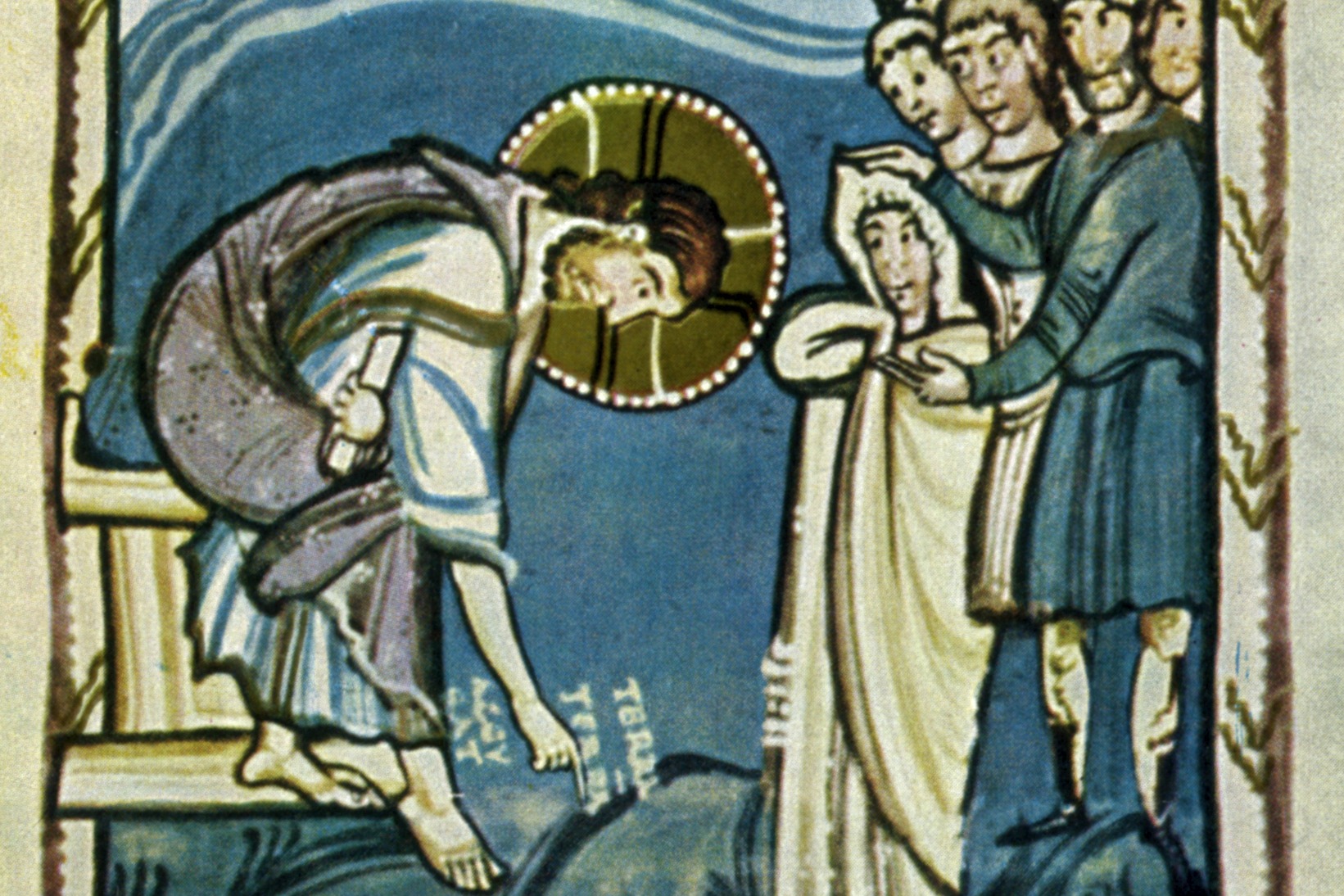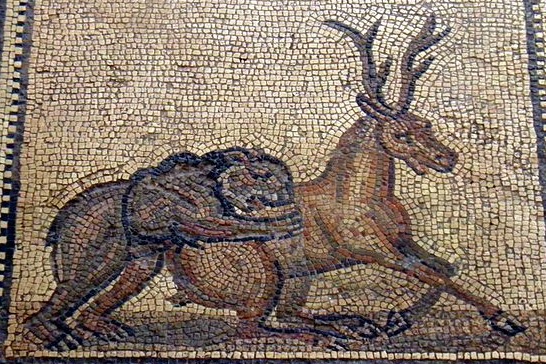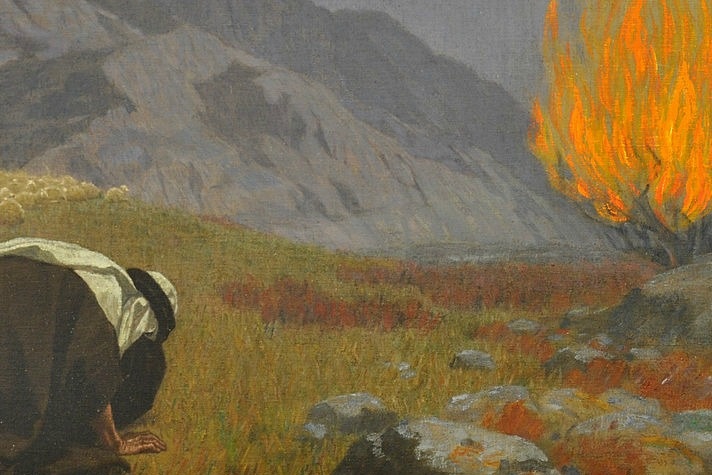In late medieval culture, the feast of Corpus Christi was an occasion for a carnival-esque celebration. Plays were performed throughout the city, remembering the entirety of salvation history. Processions unfolded upon beds of roses, as prince and pauper alike praised the sacrament of the Eucharist.
All posts filed under: ARTICLES
The Carnival of Corpus Christi
Awaiting Pentecost
Most Catholics are at least vaguely aware that the Easter Vigil is a high point of the liturgical year. Yet, the Vigil of Pentecost rarely gets the same attention, despite having its own set of extended readings. If we read these texts for the Vigil of Pentecost, we discover that Pentecost is the fulfillment of Easter, not simply the end of the season.
King of the Cosmos
The feast of the Ascension is puzzling. The full presence of the risen Lord made available during the season of Easter is now interrupted by Christ ascending. The bodily presence of Jesus is no longer immediately available to the disciples.
The Call to All Nations
During the season of Easter, we often hear passages that seem to establish a non-negotiable barrier between those who accept the Gospel and those who do not. In the Acts of the Apostles, we hear from Paul and Barnabas that “it was necessary that the word of God be spoken to you first, but since you reject it and condemn yourselves as unworthy of eternal life, we now turn to the Gentiles” (Acts 13:...
In the coming days, those involved in reading ecclesial tealeaves will pour over Pope Francis' apostolic exhortation on love in the family (Amoris Laetitia) seeking places where the Holy Father is proposing doctrinal development in a theology of marriage. Others will look for various episcopal influences: Is this section influenced by Cardinal Kasper or Cardinal Ouellet or Archbishop Chaput? Cover...
Articles / Amoris Laetitia / Joy of Love / marriage / Pope Francis / sacrament / timothypomalley
A Gift Unto the End
The opening Gospel for Palm Sunday describes the hope that marks Jesus’ entry into Jerusalem. The disciples sing a hymn welcoming the long hoped for king into the great city: “Blessed is the king who comes/in the name of the Lord./Peace in heaven/and glory in the highest” (Lk 19:38). The reader is returned to the angelic hymn sung by angels at the birth of Jesus. Yet soon, we will find ourselves e...
Scapegoating Liturgical Reform
Over the last several months, there have been a series of blogs, all seeking to establish that the treatment of liturgy following the Second Vatican Council is responsible for the decline in both religious vocations and Catholic practice in late modern society. Some have taken the approach that liturgy after the Council has been "feminized," often leading to a reduction of men entering the priesth...
A Sinner Among Sinners
Israel understands itself as a nation existing only through God’s extraordinary mercy. Blotted out from the earth because of their sins against the poor, their wars carried out for the sake of prosperity, and their political alliances that led to idolatry, God nonetheless restores them from captivity in Babylon. The God who led Israel out of Egypt through the Red Sea acts once again: “Remember not...
Entertaining Ourselves to Death
On Morning Edition, Steve Inskeep interviewed Senator Marco Rubio about last night's Republican debate. Like many political interviews, it included grandstanding in which Senator Rubio offered talking points rather than answering questions. But, the substance of the interview was never really about Rubio: it was about Trump. It was about Rubio's insulting of Trump. It was about Rubio's pledge to v...
God's Patience
In the Sunday lectionary, there is often an obvious connection between the reading from the Old Testament and the Gospel. Yet, the third Sunday of Lent requires a bit of work from the reader to discern how the two texts are mutually illuminating.

